 Matthew Shepard
Matthew ShepardIn 1998,
Matthew Shepard, a 21-year-old gay college student, was brutally beaten by two men he had met in a bar and was left hanging on a fence on the outskirts of Laramie, Wyo. Shepard died a few days later, and his death led to increased awareness of anti-LGBT crimes and support for LGBT-inclusive hate-crime laws.
 Lawrence King
Lawrence KingIn 2008 gay eighth-grader Lawrence King was shot to death in front of several classmates at his middle school in Oxnard, Calif. The shooter was another classmate, 14-year-old Brandon McInerney. McInerney's lawyers claimed King's flirtations had driven their client over the edge, something many observers criticized as a "gay panic" defense. After his 2011 trial ended in a hung jury -- jurors couldn't agree whether he should be convicted of murder or manslaughter -- McInerney
agreed to plead guilty to second-degree murder and voluntary manslaughter and accept a 21-year prison sentence.
{C}
 Eric Ohena Lembembe
Eric Ohena LembembeEric Ohena Lembembe, one of the leading gay activists in Cameroon, was
tortured and killed at his home in 2013. When his body was found after friends and family were unable to reach him for two days, it was reported that his neck and feet were broken and he had been burned with an iron. Just two weeks before his death he had spoken out against antigay violence in the nation, one of the most hostile where LGBT people are concerned. "A climate of hatred and bigotry in Cameroon, which extends to high levels in government, reassures homophobes that they can get away with these crimes," he said.
 Francois Chenu
Francois ChenuGay man Francois Chenu was brutally murdered in Reims, France, in 2002 by skinheads who initially intended to attack an Arab but chose Chenu simply because he was an available target. His attackers repeatedly beat him and eventually threw him into a pond, where he drowned. The documentary film
Beyond Hatred follows Chenu's parents and siblings as they seek justice and attempt to heal.
{C}
 Brandon Teena
Brandon TeenaIn 1993 trans man
Brandon Teena, 20, moved from Lincoln, Neb., to the smaller town of Falls City, where he made friends who knew him only as a man and began dating 19-year-old Lana Tisdel. When two of Teena's new friends learned he had been assigned female at birth, they beat and raped him. Then, when the attackers heard that Teena had reported the rape to the police, they shot and killed him. His life and death have been chronicled in the Academy Award-winning narrative film
Boys Don't Cry and the documentary
The Brandon Teena Story.
Rebecca Wight
Rebecca Wight and her partner, Claudia Brenner, were hiking on the Appalachian Trail in Pennsylvania 1988 when they met Stephen Roy Carr, a drifter with a criminal record who was living in the woods. After a brief conversation with Carr, Wight and Brenner continued on the trail, unaware that Carr was following them and that he was armed. When the two women began kissing and making love at their campsite, Carr fired eight bullets in their direction, killing Wight and seriously wounding Brenner. Brenner, who survived, became an antiviolence activist and wrote a book about the attack, titled
Eight Bullets. {C}
 David Kato
David KatoDavid Kato was one of the most outspoken gay rights activists in Uganda, a country where homophobia runs rampant. He had received dozens of death threats after a newspaper ran photos of him and other gay Ugandans in 2010 with the caption "Hang Them." A few months later, in January 2011, Kato was beaten to death with a hammer at his home. Kato was aware of the danger he faced in being a gay activist in Uganda. In a 2009 interview, he said he wanted to be a "good human rights defender, not a dead one, but an alive one."
Ronnie Antonio Paris
Three-year-old Ronnie Antonio Paris was beaten to death in 2005 by his father, who was reportedly worried the child would grow up gay. His father, Ronnie Paris Jr., would force the boy to box with him in an effort to keep him from being "soft" or becoming a "sissy." The child was removed from his home in Florida in 2002 by child welfare authorities, then was returned his parents in 2004, a move that brought much criticism of the state's handling of the case. Ronnie Paris Jr. was
found guilty of second-degree manslaughter and aggravated child abuse.
 Sakia Gunn
Sakia GunnIt was a seemingly innocent night out in New York City for 15-year-old high school basketball star Sakia Gunn, but as she waited for a bus back to Newark with her friends, a group of men pulled up in a van. The girls were harassed by the young men, who grew furious when the girls told them they weren't interested in them since they were lesbians. One of the men, Richard McCullough, exited the vehicle and placed one of Gunn's friends in a chokehold. Gunn struck at the man and was subsequently stabbed in the chest, later dying at a local hospital. McCullough
pled guilty to a reduced manslaughter charge in 2005 and is serving 20 years in prison.
 Angie Zapata
Angie ZapataTrans teen Angie Zapata suffered a terrible death at the hands of Allen Andrade, who beat her to death with his fists and a fire extinguisher. Andrade used a "trans panic" defense for the 2008 Colorado murder, saying he didn't know Zapata was
transgender until after they had sex. The jury didn't buy it and convicted Andrade of first-degree murder and sentenced him to life in prison. The case made history at it was the
first time ever a state hate crime statue resulted in a conviction in a transgender person's killing.
{C}
 Mark Carson
Mark CarsonMark Carson was out enjoying a night out in New York City's Greenwich Village when he and a friend were approached by an unstable man named Elliott Morales. Already connected to a violent attack on women, Morales shouted antigay epithets at the men before reportedly saying, "Do you want to die here?" and shooting Carson in the head. The 32-year-old later died. Morales reportedly smiled when he confessed to the murder and is now facing a trial for Carson's senseless murder where he hopes to
represent himself.
 Gwen Araujo
Gwen AraujoLike Angie Zapata, the murderers of trans teen Gwen Araujo employed a "trans panic" defense after her 2002 killing in northern California. Zapata was brutally attacked in front of a house full of people by a group of men, two of which she was previously intimate with. After hours of attacks, Araujo succumbed to her injuries and her body was dumped in a ditch. Two of her four attackers were convicted of
second-degree murder and two others pled guilty to voluntary manslaughter. Araujo's mother officially changed her daughter's name to Gwen after her death, and a television movie was made about her life in 2006.


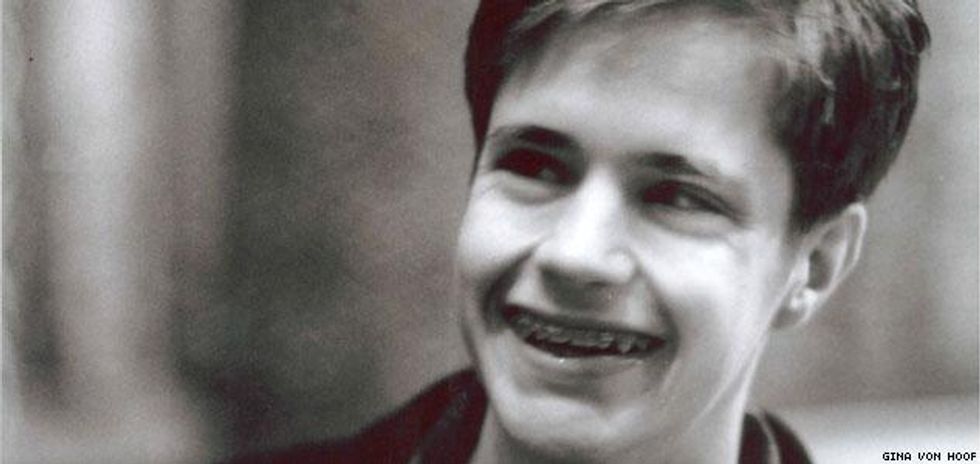 Matthew Shepard
Matthew Shepard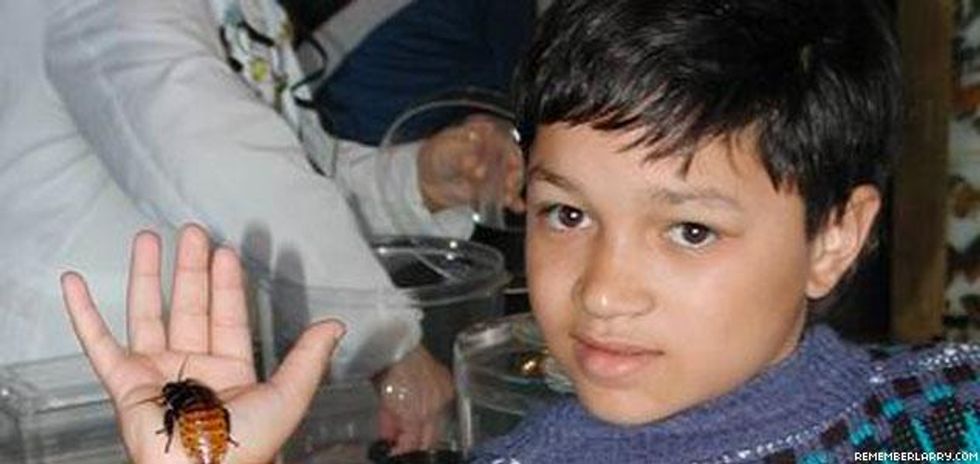 Lawrence King
Lawrence King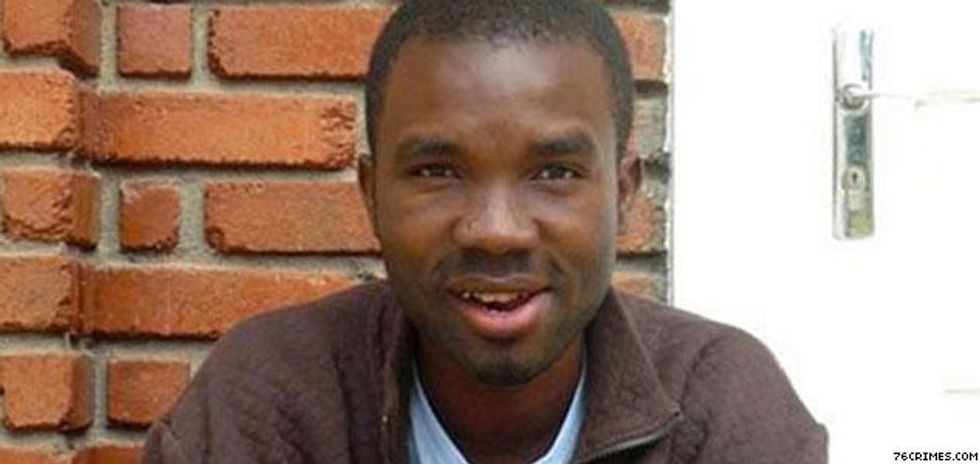 Eric Ohena Lembembe
Eric Ohena Lembembe Francois Chenu
Francois Chenu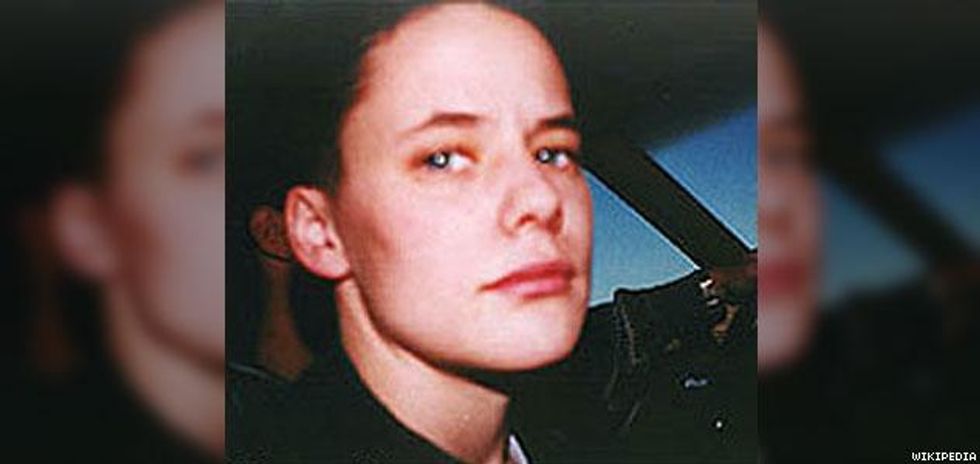 Brandon Teena
Brandon Teena
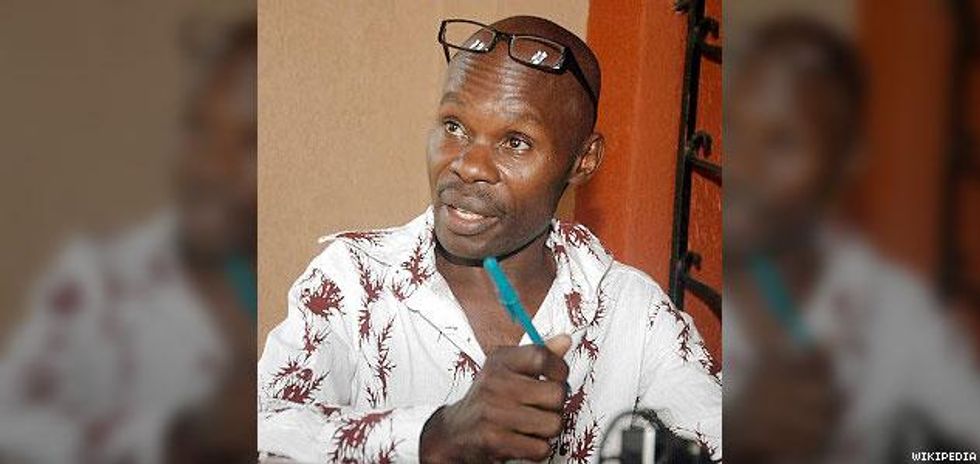 David Kato
David Kato
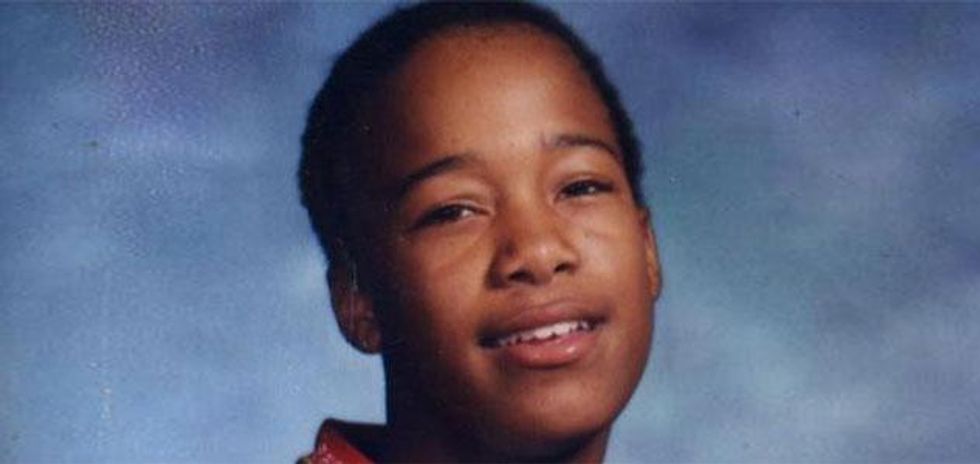 Sakia Gunn
Sakia Gunn Angie Zapata
Angie Zapata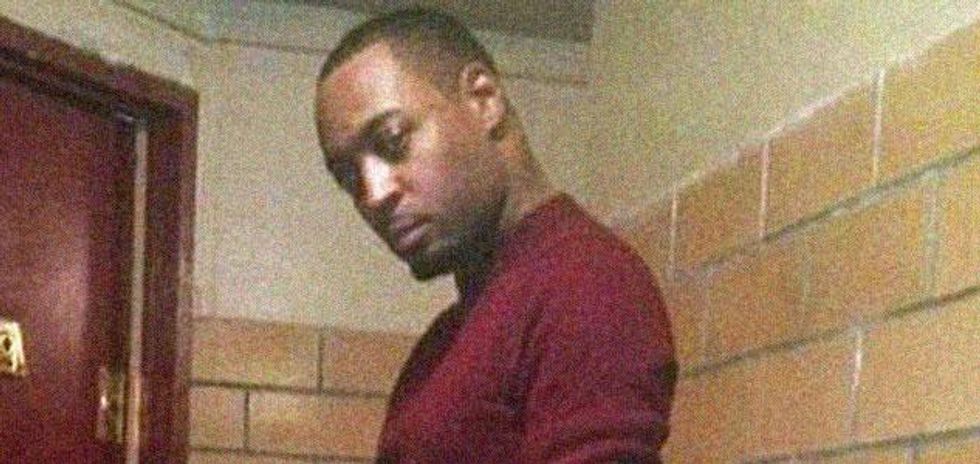 Mark Carson
Mark Carson Gwen Araujo
Gwen Araujo
Charlie Kirk DID say stoning gay people was the 'perfect law' — and these other heinous quotes